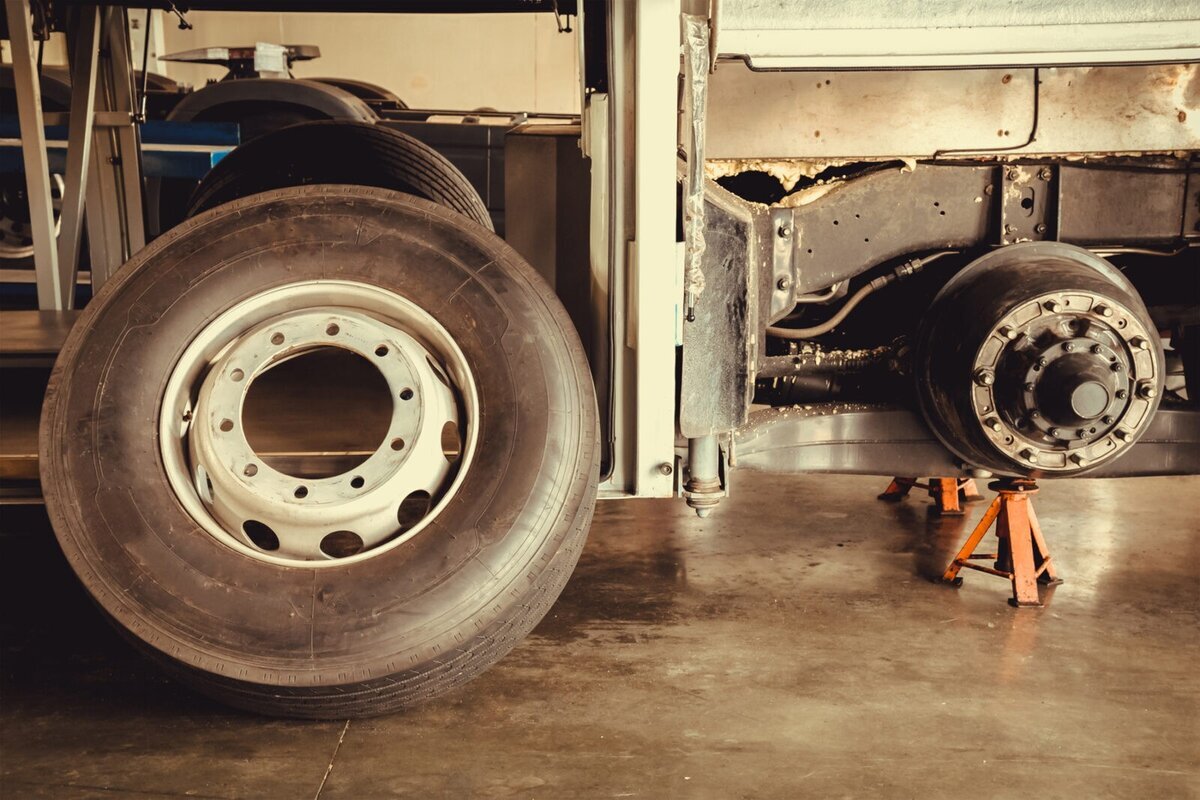When it comes to the meticulous maintenance of a semi-trailer, prioritizing regular service is absolutely essential for ensuring safety, longevity, and optimal performance. This imperative becomes even more pronounced when you take into account the heavy-duty nature of semi-trailers and the indispensable role they play in the intricate web of transportation and logistics. Now, let’s embark on a journey to discover how often you should service a semi-trailer to steadfastly uphold these critical aspects.
Understanding Semi-Trailer Maintenance
The Importance of Regular Service
Maintaining a semi-trailer is not just about fixing issues when they arise; it’s about preventing problems before they occur. Regular service helps identify wear and tear, ensuring that each component is functioning correctly and safely.
Key Components to Monitor
Several parts of a semi-trailer require close attention, including brakes, tires, lights, and the suspension system. These elements are crucial for safe and efficient operation.
How Often Should You Service a Semi-Trailer?
As a general rule, a semi-trailer should undergo a thorough inspection and service at least once every 12 months. This is a baseline recommendation, but it’s important to recognize that the actual frequency can vary significantly based on several factors such as the trailer’s usage, type, and the specific conditions under which it operates.
For instance, a semi-trailer used frequently for long-haul journeys, especially those carrying heavy loads, may require more frequent servicing. These trailers experience more wear and tear due to prolonged use, which can lead to quicker degradation of critical components like brakes, tires, and suspension systems. On the other hand, a trailer that’s used less frequently or for shorter distances may not require as frequent servicing, although regular checks are still essential for ensuring safety and reliability.
Furthermore, the type of cargo being transported also plays a role in determining service frequency. Trailers transporting heavy or specialized equipment may need more frequent checks due to the additional strain placed on the chassis and towing systems. Environmental conditions are another factor to consider. For example, trailers operating in harsh weather conditions, such as extreme cold or heat, or those exposed to corrosive environments like saltwater areas, might need more attention due to the increased risk of component failure or corrosion.
Regularly consulting with a professional service provider can help you determine the optimal maintenance schedule for your specific semi-trailer. This approach ensures that your trailer is not only compliant with safety regulations but also operates efficiently, providing you with peace of mind and reducing the likelihood of unexpected breakdowns and associated costs.
Maintenance Tips for Your Semi-Trailer
Regular Inspections
Conduct regular inspections, focusing on tires, brakes, and lights. Check for any signs of wear or damage and address them promptly. Additionally, ensure that all connections and couplings are secure and in good working order to avoid any safety hazards during transit.
Keeping It Clean
Regular cleaning not only keeps your semi-trailer looking good but also helps in identifying any potential issues like rust or leaks.
Conclusion
Regularly servicing your semi-trailer is crucial for its longevity and safe operation. Adhering to recommended service intervals, conducting regular inspections, and seeking professional help when necessary will ensure your trailer remains in top condition for years to come. Don’t wait until it’s too late – contact us now to schedule your next semi-trailer service and stay ahead in maintaining your vehicle’s health and safety.







